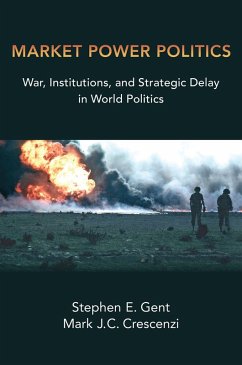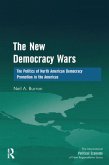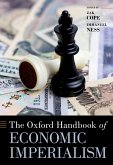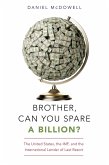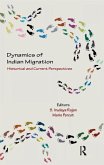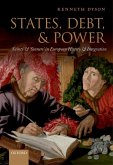A new theory of market power politics that explains when and why states will delay cooperation or even fight wars in pursuit of this elusive goal. How are the Iraqi invasion of Kuwait, the Russian incursions into Ukraine and Georgia, and China's occupation of islands in the South China Sea related? All three of these important moments in modern history were driven by the motivation to capture market power. Whether it was oil for Iraq, natural gas for Russia, or rare earth elements for China, the goal isn't just the commodities themselves--it is the ability to determine their price on the global market. In
Market Power Politics, Stephen Gent and Mark Crescenzi develop a new theory of market power politics that explains when and why states will delay cooperation or even fight wars in pursuit of this elusive goal. Empirically examining case studies from different regions of the world, they explore how competition between states over market power can create disruptions in the global political economy and potentially lead to territorial aggression and war. They also provide clear policy recommendations, urging international institutions to establish norms that reduce the potential for open conflict. Ultimately,
Market Power Politics shows that nations' desire to increase their market power means that the push for territorial expansion will continue to shape the trajectory of world politics.
Dieser Download kann aus rechtlichen Gründen nur mit Rechnungsadresse in A, B, BG, CY, CZ, D, DK, EW, E, FIN, F, GR, HR, H, IRL, I, LT, L, LR, M, NL, PL, P, R, S, SLO, SK ausgeliefert werden.

